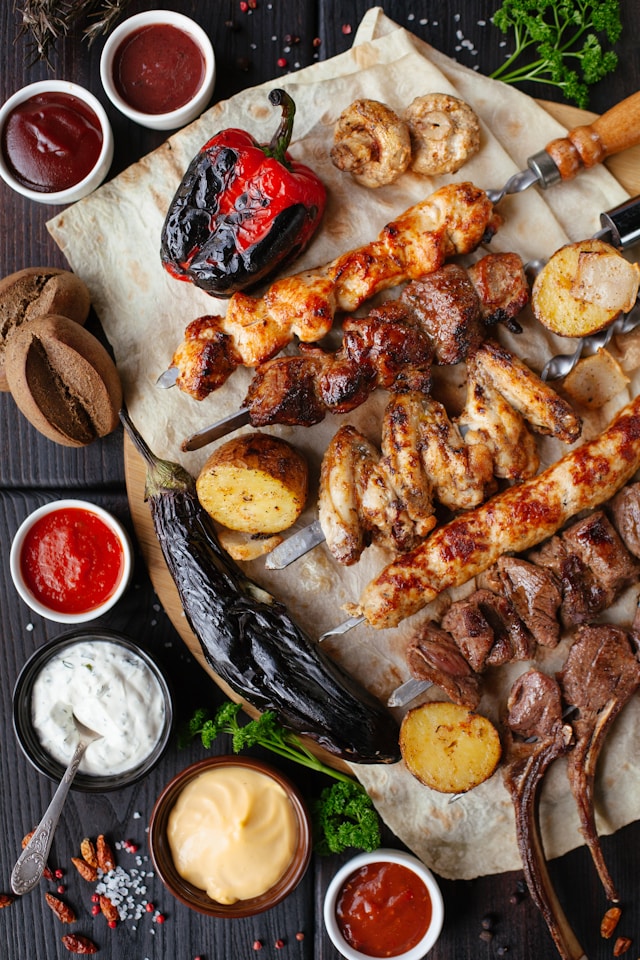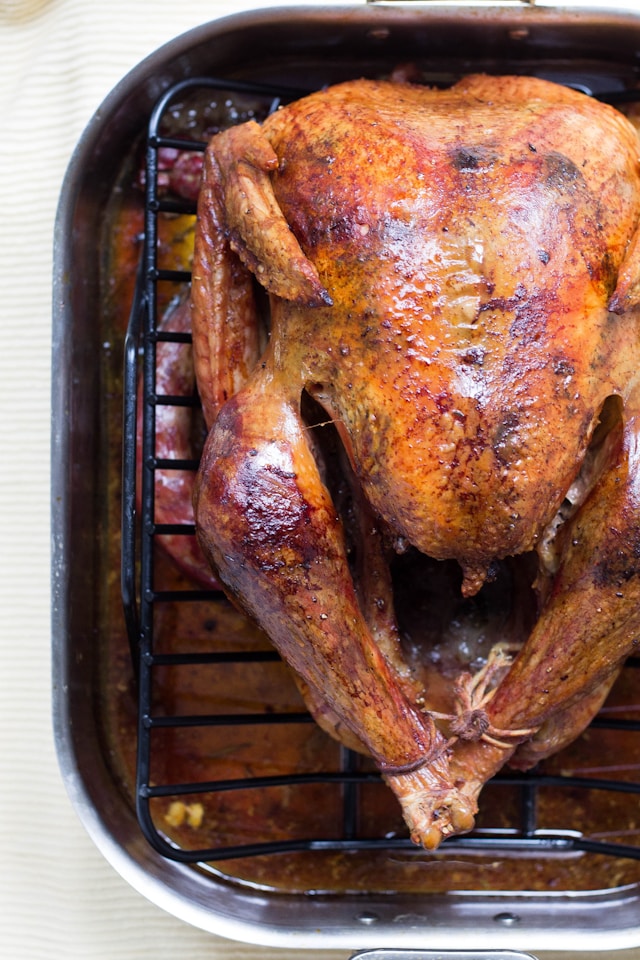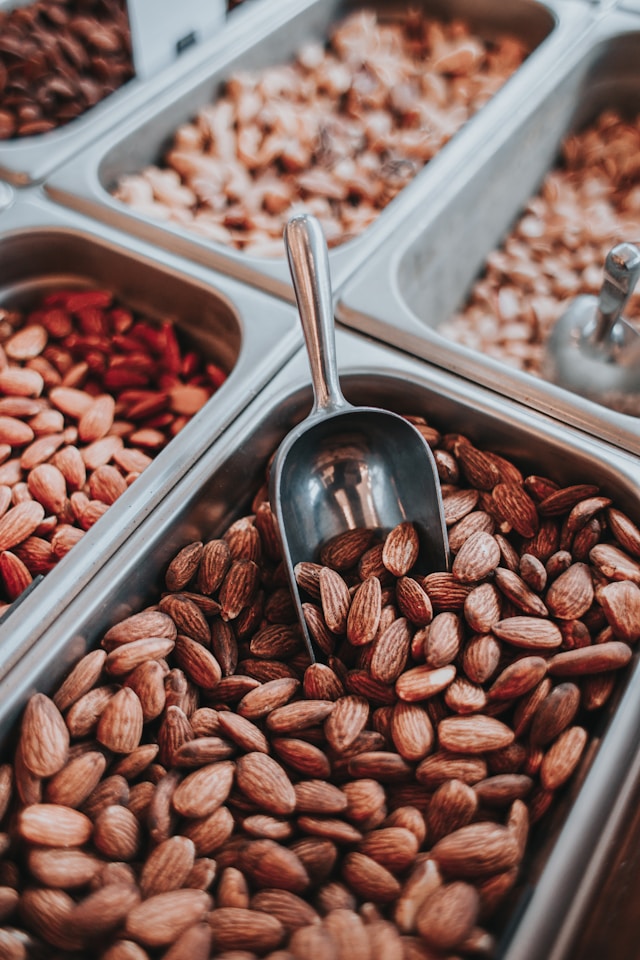Get ready to discover the incredible power of protein! This macronutrient is not just any ordinary nutrient – it’s a powerhouse that your body needs to thrive. Think of your body as a finely tuned machine, with protein as the fuel that keeps it running smoothly. And that’s not all – from repairing tissues to building muscles and boosting your metabolism, protein plays an important part in almost every aspect of your health. In this article, we’ll dive into the thrilling world of protein, exploring its many benefits and why you absolutely need it to be a cornerstone of your daily diet. Get excited, because you’re about to learn how protein can help you achieve optimal wellness and health!
Proteins are needed to construct, repair, and maintain bodily tissues, like organs, muscles, and skin.

Proteins serve as the fundamental building blocks of life, crucial for the growth, repair, and maintenance of all body tissues. Proteins are essential for the function and structure of all tissues, including muscles that allow us to move, key organs like the heart and liver, and even the skin that protects us from the outside world. When we eat protein-rich foods, our bodies convert the protein into amino acids, which are subsequently used to create and repair tissues as needed. Whether it’s recuperating from an accident, mending muscle tissue after a workout, or simply preserving the health of our organs, proteins are the basic components that keep our bodies functioning properly.
Proteins serve an important part in the creation of hormones and enzymes, which govern a variety of biological functions, including metabolism and digestion.
Proteins are required for the creation of hormones and enzymes, which serve as chemical messengers and catalysts for a variety of physiological processes. Hormones control metabolism, development, and other essential processes, whereas enzymes aid digestion and nutrition absorption. Without a proper protein diet, the body may struggle to manufacture these essential molecules, resulting in hormonal imbalances and digestive problems. Maintaining general health and well-being requires proper protein intake.
Immune Operation:
Proteins are required for the immune system to operate properly, assisting the body in defending itself against infections and disorders.
Proteins are essential for immune system function, as they help to produce antibodies and immunological cells that defend the body from infections and disorders. Antibodies are proteins that recognize and neutralize dangerous things such as bacteria, viruses, and poisons. Additionally, proteins such as cytokines function as messengers, regulating immune responses. A protein deficit can impair the immune system, leaving the body more susceptible to infection. Thus, eating enough protein is critical for maintaining a strong immune system and overall health.
Satiety and Weight Management:
Protein-rich diets can assist boost feelings of fullness while decreasing hunger, which may aid in weight management and control.
Foods rich in protein aid in helping you feel satisfied and reduce your appetite, which is beneficial for weight management. When you eat protein, your body produces chemicals that communicate fullness to your brain, reducing appetite and preventing overeating. Additionaly, protein requires more energy to digest than fats or carbohydrates, which can modestly increase your metabolism. When protein is included in your meals and snacks, it can keep you full longer, and this makes it easier to stick to a healthy eating plan and effectively manage your weight.
Muscle Health
Adequate protein consumption is essential for sustaining muscle mass, particularly during periods of growth, sickness recovery, or strenuous physical exercise.

Adequate protein consumption is critical for muscular health, especially during growth, sickness recovery, or high-intensity exercise. Proteins form the foundational structure of muscles, and a low protein diet may make it difficult for your body to repair and create muscle tissue. This can eventually result in muscle weakening, tiredness, and even muscle mass loss. Food rich in protein can assist support muscle health and provide the nutrients your body requires to maintain and repair muscle tissue, keeping you strong and healthy.
Protein During Workout
Consuming protein should be an essential part of your training regimen.
Protein is essential for muscle recovery and endurance. Muscles are stressed and damaged while exercising, particularly during high-intensity or endurance activities. Protein is necessary for the rebuilding and repair of muscle, which aids in recovery and strength development. Protein can also assist preserve muscle mass throughout prolonged activity, which is important for endurance athletes. Protein also aids in the supply of oxygen to muscles, which is required for energy synthesis during exercising. Including protein in your diet can help with muscle healing, endurance, and overall athletic performance.

Protein Demands Vary With Age
In general, older persons may require more protein to maintain muscular growth and strength, both of which can decrease with age. This requirement for higher protein intake is especially significant for people who are less active or have specific medical conditions. Males and females have different protein demands depending on their age, weight, and amount of activity. However, there is no substantial difference in protein requirements between males and females of comparable age and activity level. Both sexes require enough protein to maintain overall health, muscle mass, and other vital biological processes.
Ten Common Sources of Protein
- Lean meats include chicken, turkey, and lean cuts of beef or hog.
- Seafood and fish, like shrimp, tuna, and salmon.
- Eggs are a full protein source.
- Dairy items include milk, yogurt, and cheese.
- Legumes include beans, lentils, and chickpeas.
- Nuts and seeds including flaxseeds, walnuts, almonds, and chia seeds.
- Tofu, tempeh, and other plant-based meat options.
- Whole grains, such as quinoa, amaranth, and farro, include protein.
- Protein-rich veggies include spinach, broccoli, and Brussels sprouts.
- Protein supplements, such as protein powders or smoothies, might be beneficial to those seeking to improve their protein intake.

Ten Fascinating Facts About Protein
- Protein consists of amino acids, sometimes known as the “building blocks of life.” In total, there are 20 amino acids, with nine classified as essential because the body cannot produce them.
- Protein consists of amino acids, sometimes known as the “building blocks of life.” In total, there are 20 amino acids, with nine classified as essential because the body cannot produce them.
- Proteins play a vital role in multiple biological processes, such as muscular contraction, immunological function, and hormone regulation.
- Hair and nails are primarily composed of protein. This is why a sufficient protein intake is required for good hair and nail growth.
- Proteins promote tissue repair and growth. This is essential for development, maintenance, and rehabilitation following injury or disease.
- Enzymes are proteins that promote chemical events in the body, including digestion and metabolism.
- Red blood cells contain hemoglobin, a protein essential for delivering oxygen throughout the body.
- Collagen, a crucial protein, gives structure and strength to skin, bones, tendons, and ligaments.
- Proteins can be found in many foods, such as meat, chicken, fish, dairy products, legumes, nuts, and seeds.
- Adults should consume approximately 0.36 grams of protein per pound of body weight daily. However, this quantity varies depending on age, gender, exercise intensity, and health status.
- To maintain maximum health, consume a range of protein sources that include all essential amino acids.

Closing Thoughts from One Motion Forward:
Finally, protein is an essential ingredient that is required for muscular growth, immunological function, and hormone production. It is critical to ingest enough protein everyday to support these tasks and preserve overall health. By incorporating a range of protein-rich foods into your diet, you may guarantee that your protein requirements are met. Whether you’re an athlete wanting to grow muscle or just want to live a healthy lifestyle, protein should be a staple of your diet.
Step into Your Stride: Accept the Journey with One Motion Forward!
